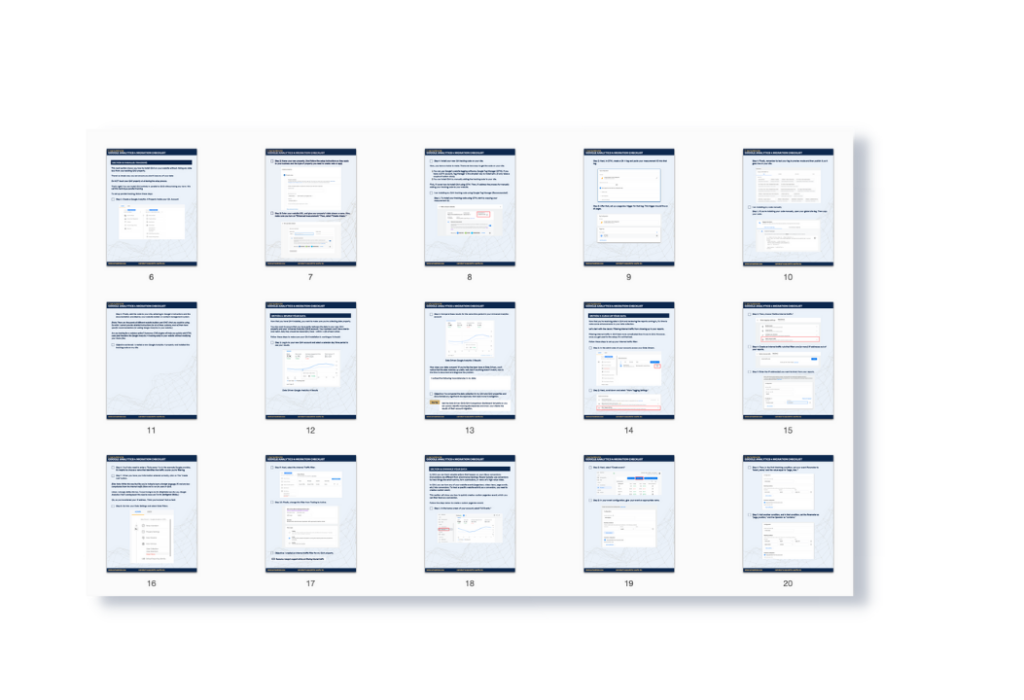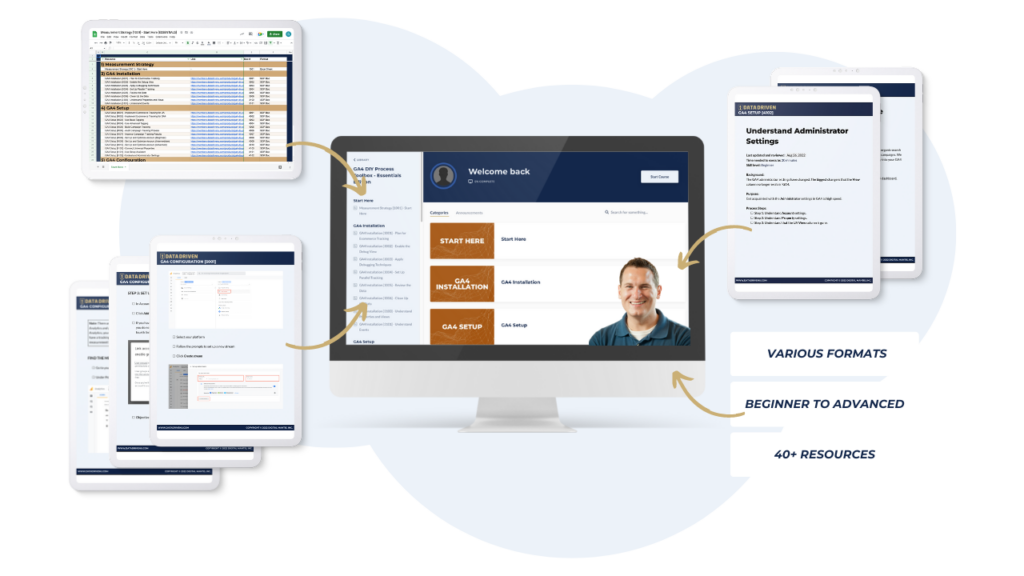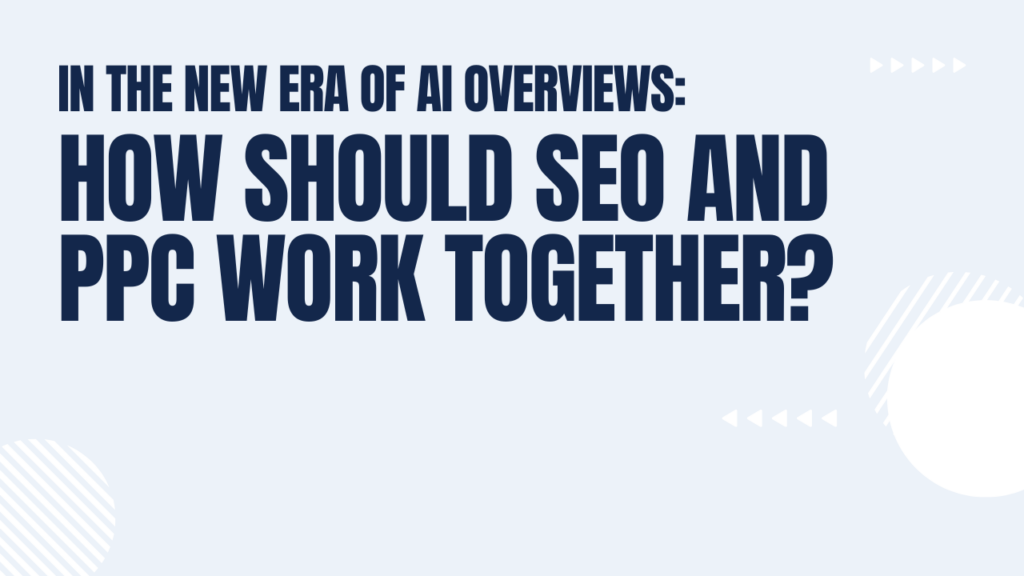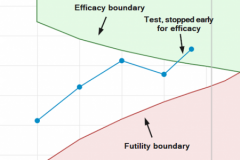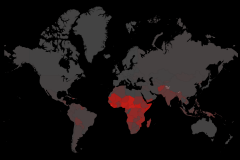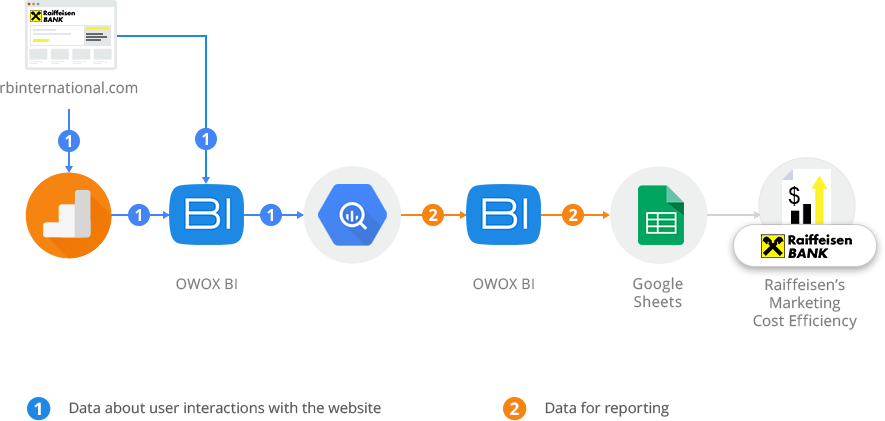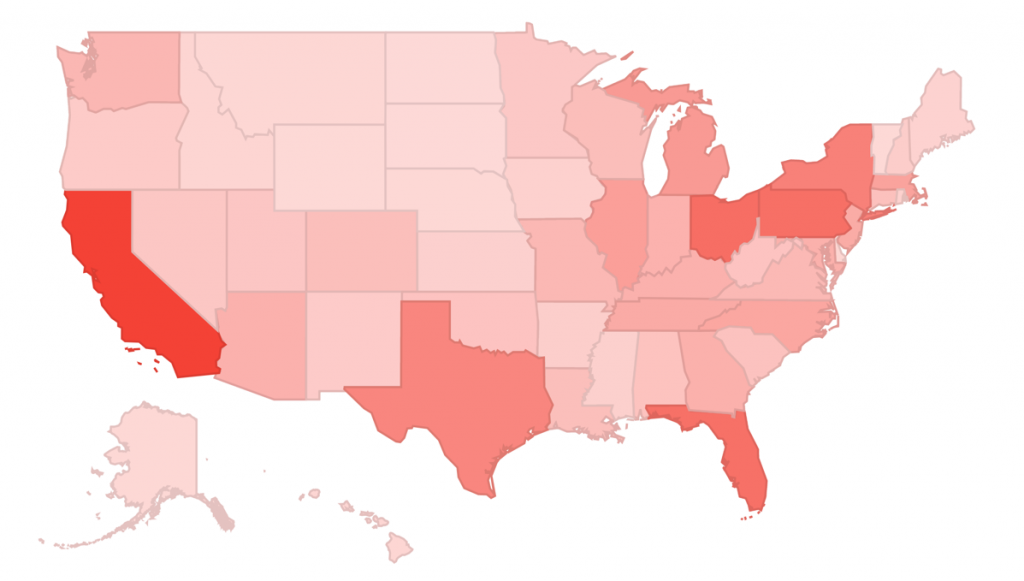As an analytics practitioner who does real analytics globally for a large Internet brand, I believe that definitions are important. The best, world-class companies create governance around data definitions and define other core business concepts. I imagine your company’s definition of conversion may be different than my definition – and as a result people may think they are speaking Apples but are really talking in Mangoes and Oranges.
A lack of common-definitions can contribute to failure. But failure is not necessarily and always a bad thing. Failure is, after all, the mother of success. Every single person who has ever created anything worthwhile failed at one point in their lives. If you haven’t failed, then I postulate that you haven’t really tried to do anything outside of your comfort zone.
Thus, I am not surprised to see continued confusion around simple analytical concepts – even the definition of Analytics itself. After all, digital analytics has few if any real standards. The WAA has standards that are really definitions for basic web analytical data. It goes without saying: standards are not definitions; definitions are not standards. We sometimes have confusion and failure in our industry because we consider definitions to be standards when they are not. Standards are consensus-based and practiced. Definitions do not need to be as formal. Let’s nail down the definitions first, and then talk about the real hard vernacular of standards.
Thus, I was very pleased when my friend and colleague Stephane Hamel – who has contributed so much to the web analytics industry – defined and publicized a definition for analytics. And, somewhat surprisingly, I actually liked Stephane’s definition. What I mean by “surprisingly” is that, while I always like Stephane’s excellent work, I also like to debate definitions for Internet-industry concepts. And I want to challenge his thinking a little bit too from a friendly perspective of a fellow practitioner and friend!
A conceptual definition like Stephane’s is very useful. I like what he defines: “Analytics is the process of obtaining an optimal and realistic decision based on existing data.” But I want to take his definition further and wrap more business language around it. First, analytics does not “obtain” anything; sadly, the best analysis could be ignored and not be used for “obtaining” anything. Thus, is the analysis that obtains nothing still “analytics” in the Hamel definition? Does a tree that falls in the wood make a sound? Hint: it does.
Also, what is optimal? What does that mean in clear business vocabulary? What is realistic? Is launching a startup after dropping out of Harvard and expecting millions of users to submit PII realistic? I know people with giant yachts who drive Italian exotic cars because they didn’t listen to people tell them they were unrealistic. They also weren’t afraid to fail… But I digress…
I define analytics with the following definition:
Analytics is an economic value-generating business function served by technology that uses data and research within formal business processes to enable one or both of the following business outcomes: 1) recognition of profitable revenue or 2) reduction of cost.
Within that context and signified of my definition, Stephane’s definition also works and fits nicely. I call that the “great minds” syndrome. Optimal and realistic are subjective within a business. Profit is the holiest of holy metrics and is the lingua franca of global business. You will hear from many “gurus” many things about analytics, including that “analytics is X.” Thanks to Daniel Waisberg for giving Stephane and me a chance to define what analytics is and is not – and possibly help to reduce one point of definitional confusion in kaleidoscope of complexity that this the analytics industry.

